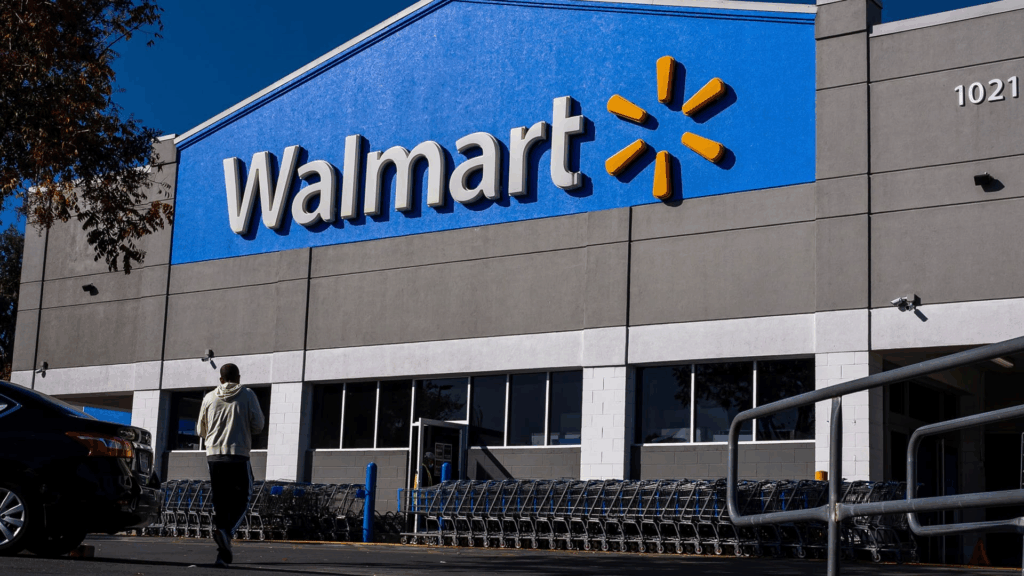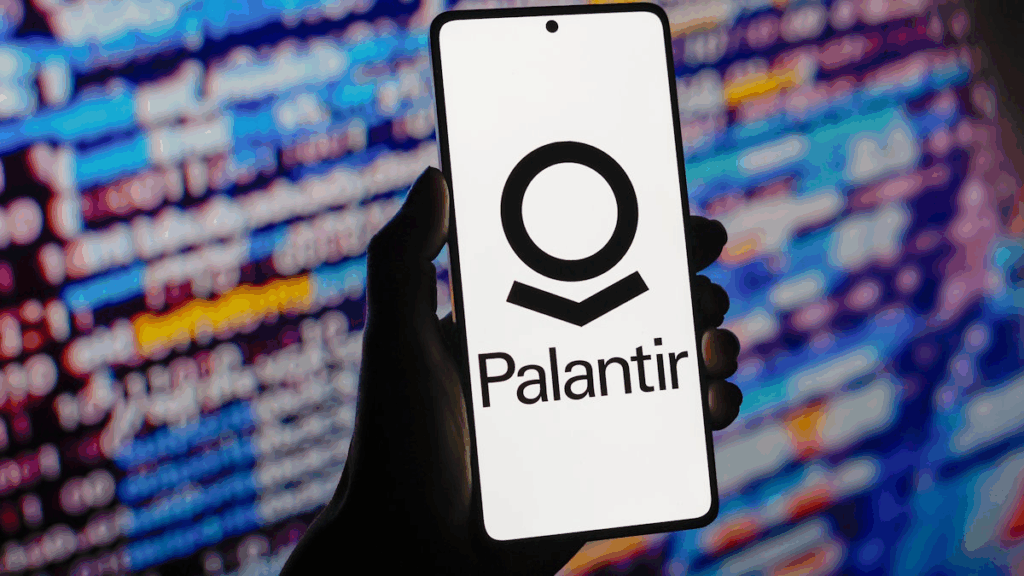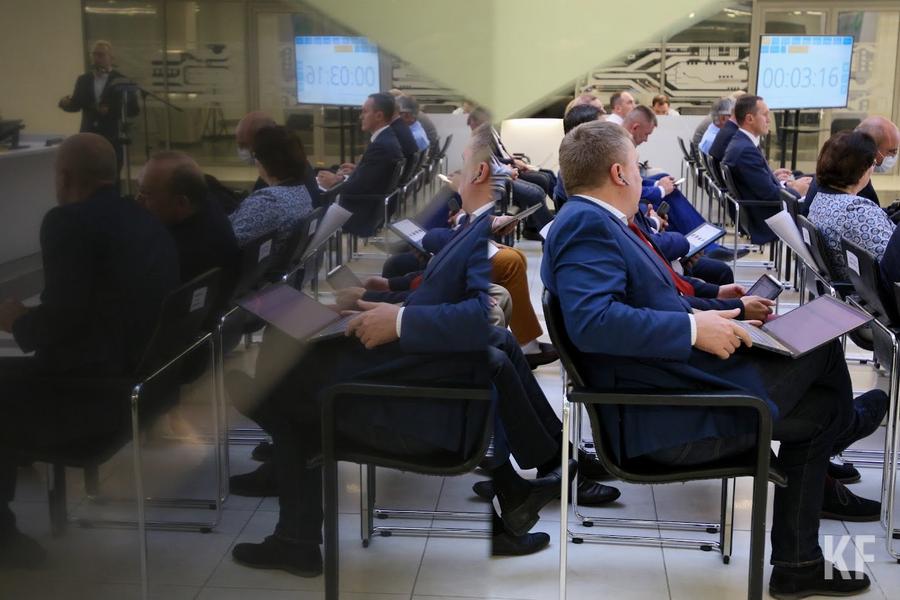🛒 This week, the U.S. market once again demonstrated how closely technology, the economy, and politics are intertwined. Investors found themselves between two powerful streams: on one side — new statements from President Donald Trump and trade tariffs between the U.S. and China, and on the other — the rapid development of artificial intelligence and corporate news from major companies.
This combination of factors led to increased volatility: some sectors rose amid technological optimism, while others fell due to concerns about potential trade restrictions. Yet the overall market picture remains rich and dynamic — from AI to banks and retail giants.
Walmart and Artificial Intelligence: Next-Generation Retail

One of the loudest events of the week was Walmart’s announcement of a shopping feature via ChatGPT. Now users can simply type a request to the AI, and the system will automatically place the order, offer discounts, and even select optimal delivery options.
The market viewed the news as confirmation that AI is moving beyond the lab and becoming a tool for mass consumption. Walmart’s stock rose, and analysts noted that the company is effectively creating a new model of customer interaction — smart and personalized.
This move could strengthen Walmart’s position against Amazon, which was first to integrate voice assistants and recommendation systems into online retail. Now the retail battle is entering a new level — a level where technological ecosystem matters more than price.
Banks Back in the Game: Wells Fargo Report
The financial sector also made its presence felt. Wells Fargo kicked off earnings season with confident profit growth, exceeding analysts’ expectations. The bank’s stock rose on the back of strong lending and asset management results.

This report was not just a financial document — it was a signal to the entire market: banks are adapting to the new reality of lower interest rates and growing demand for lending. In an environment where investors seek balance between safety and returns, the banking sector is once again becoming prominent.
Palantir: Anticipating a Big Breakthrough
Palantir continues to attract attention. Its AI-based products are actively used in defense and government agencies in the U.S. and Europe, as well as in the commercial sector.

Investors are expecting a major contract from Palantir, which could be a turning point for the company. Despite uncertainty, the stock shows resilience: the market sees Palantir not just as an IT company but as a strategic player capable of setting the tone for the entire “government AI” sector.
Nvidia vs. AMD: A New Tech Duel
The main surprise of the week was Oracle’s decision to use AMD processors instead of Nvidia in its cloud solutions. For Nvidia, long considered the undisputed leader in AI, this was a painful blow. The company’s stock reacted with a decline, although analysts emphasize that Nvidia’s long-term position remains strong.

Competition in the AI sector is intensifying rapidly. AMD, Intel, Qualcomm, and other manufacturers are vying for a share of a rapidly growing market. Investors are beginning to realize: the Nvidia monopoly era is coming to an end, and a new race of technology and innovation is ahead.
Politics and Economics: Uncertainty Factors
The geopolitical background remains tense. Donald Trump’s statements about new tariffs against China triggered reactions in commodity and manufacturing markets. Companies dependent on Chinese supplies faced rising costs and the risk of margin reduction.

Nevertheless, some analysts believe that stricter trade policies could stimulate local production in the U.S. and support industrial companies and equipment manufacturers. As a result, we are witnessing a sort of capital redistribution: moving away from global supply chains toward localized American enterprises.
📌 Conclusion
Today, the market operates in an environment of instant reactions to news — whether political decisions, new technologies, or corporate reports. AI is becoming not just a topic of discussion but a real business tool. Banks show signs of recovery, industry is reviving, and AI companies face growing competition.
In such an environment, it is important for investors to maintain flexibility and a cool-headed approach. Technological progress can bring enormous profits, but risks are higher than ever.
The future of the market is a combination of innovation and politics. Today AI helps buy products, and tomorrow it may influence the global economy as much as the Fed’s decisions. The key is to stay on the wave without losing your head.
All content provided on this website (https://wildinwest.com/) -including attachments, links, or referenced materials — is for informative and entertainment purposes only and should not be considered as financial advice. Third-party materials remain the property of their respective owners.


